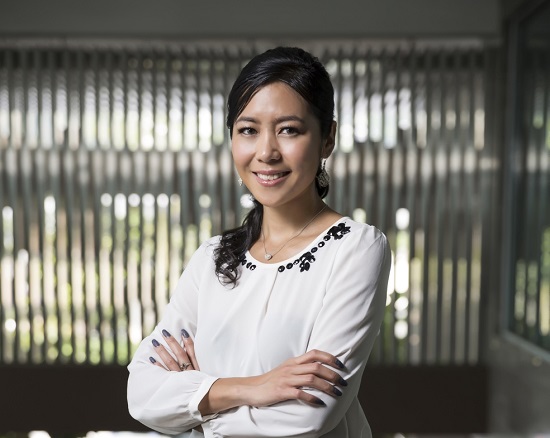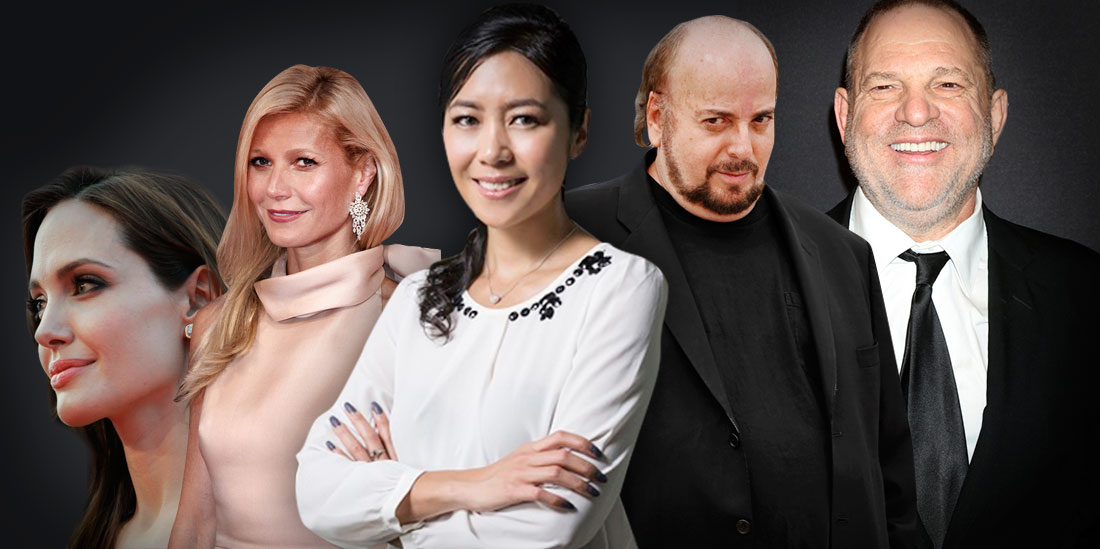A 2016 Human Rights Watch study found that women are 12 times more likely to be retaliated against after reporting a sex crime than to see their assailant convicted.

In the weeks after the New York Times published an exposé that outed Hollywood mogul Harvey Weinstein of sexual harassment against some of the biggest names in the industry – among them Angelina Jolie and Gwyneth Paltrow – the list of his victims have grown to amount to more than 50.
While the Weinstein case is still smoking, another 38 women have come forward to accuse director James Toback of sexual harassment, with as many as 31 of the 38 speaking on record.
This sudden exposure of crimes that have been ongoing for decades marks a turn in history when sexual harassment is no longer acceptable and justice is finally and duly served as Weinstein’s story – along with a host of others – has long been an open secret.
Following the stepping up of the victims to expose their assaulters, however, are questions of why this hasn’t come to light sooner. There have been outcries of how the victims reserved selfish reasons to keep silent all those years – possibly to protect what they stood to gain.
“People who condemn victims don’t understand the very definition of power of abuse and have obviously never been in that situation before, thus lack the empathy,” tells Cheryl Yeoh, entrepreneur and speaker most known as the founding CEO of MaGIC.
Having been caught in a similar situation earlier this year when she wrote her account of being sexually harassed by founder of business accelerator 500 Startups Dave McClure, she shares her take on why coming out and speaking out is not as easy as one might think, and why the simple question of “why didn’t you speak up earlier?” is as good as victim blaming.
“In the past, there were also many instances where the media declined to cover harassment stories against powerful and influential men for fear that they too, will be blacklisted by them.”
Power protects the powerful
For an idea of just how powerful Weinstein is, the owner of Miramax and the Weinstein Company is one of the most thanked figures in Oscar speeches. He actively supports and fundraises for Barack Obama and Hillary Clinton. He has been bestowed with a professorship by feminist icon Gloria Steinem. His movies also often boasted strong female leads. He shakes the hands of and builds camaraderie with some of the most influential people while preying on women.
“If you’ve read the stories closely, Weinstein paid many women off to shut them up – and he was shockingly and explicitly allowed to do so in his employment contract, which means his board knew about it all along and turned a blind eye to it. Usually, when such behavior continue for decades, it takes a group of people close to and around him to enable it, and this “enabling culture” is what propagates his abuse of power,” tells Yeoh.
“People who think that women have something to gain by speaking out about sexual harassment should try to educate themselves more on the topic, because the negative repercussions and distractions from speaking up are often much greater than positive”
The authorities aren’t always helpful
You’ve been taken advantage of and humiliated. Now imagine being taken advantage of and humiliated and then be told you asked for it by “following him home” or “inviting him over”. What is there to gain by going up against a powerful name who can easily pay someone off to sweep it all under the carpet? All while your self-esteem is probably in tatters.
“A 2016 Human Rights Watch study found that women are 12 times more likely to be retaliated against after reporting a sex crime than to see their assailant convicted,” shares Yeoh. “People who judge and victim blame are the very reason why most women don’t speak up. People who think that women have something to gain by speaking out about sexual harassment should try to educate themselves more on the topic, because the negative repercussions and distractions from speaking up are often much greater than positive. Animah Kosai wrote a great piece on this topic and I encourage everyone to read this before they ever victim blame again.”
She adds, “In the past, there were also many instances where the media declined to cover harassment stories against powerful and influential men for fear that they too, will be blacklisted by them. I think the tide is finally changing, and it’s a good thing.”
“Many women just can’t speak up at the time of the incident because they’re in a vulnerable position, but no woman (or man) should ever be put in a situation where they have to struggle with the decision to speak out.”
Bravery is brittle when your chances are thin
We’ve established that it isn’t easy standing up to someone whom the world wants to see in good light, and it’s even harder doing so when you get no help in that midst, or after. To those who claim that doing the right thing should have overridden all fears need to understand that the psychology of things is not so simple.
Recalling the time she contemplated whether to write her story with McClure, Yeoh says: “I was worried about how the general public would take it — whether they would victim blame, and whether investors in Silicon Valley would interact with me differently. I also didn’t want the unnecessary attention that I would get on this particular unsavoury topic, and for this news to flood my online presence. I was also worried how it would affect some of the people at 500 Startups whom I know, have worked with and respect — because they are good people. Fortunately, most of these fears were short lived.”
“As I wrote in my essay, I’m now in a much more secure position to tell my story. Many women just can’t speak up at the time of the incident because they’re in a vulnerable position, but no woman (or man) should ever be put in a situation where they have to struggle with the decision to speak out publicly against their harasser in the first place.”
What can you do?
Instead of questioning why someone didn’t tell their story earlier, the question should be why did the predator do it, what allowed him or her, and what could’ve been done to prevent it.
“If you hear someone judging the victim’s timing of telling their story, you should seriously question where their moral priorities are,” Yeoh says.
On her end, she is currently working with a non-profit organisation called Project Callisto, a tool that enables women a confidential way to report their perpetrator, if someone else also names the same assailant.
“Often times, the victim doesn’t know the extent of the predator’s behaviour to other women — but there’s power in numbers. When two or more women realise that they have been harassed by the same man, they’re more willing to speak up because they realise that they’re not alone. Studies have shown that 90% of sexual offenses are committed by only 5% of the population, which means that this behaviour is often times repeated. If a group of women came forward at once against a perpetrator, it would be more difficult to retaliate against them or ignore them.”










